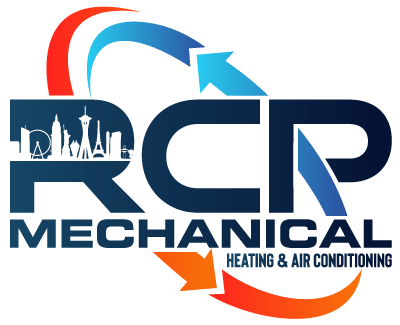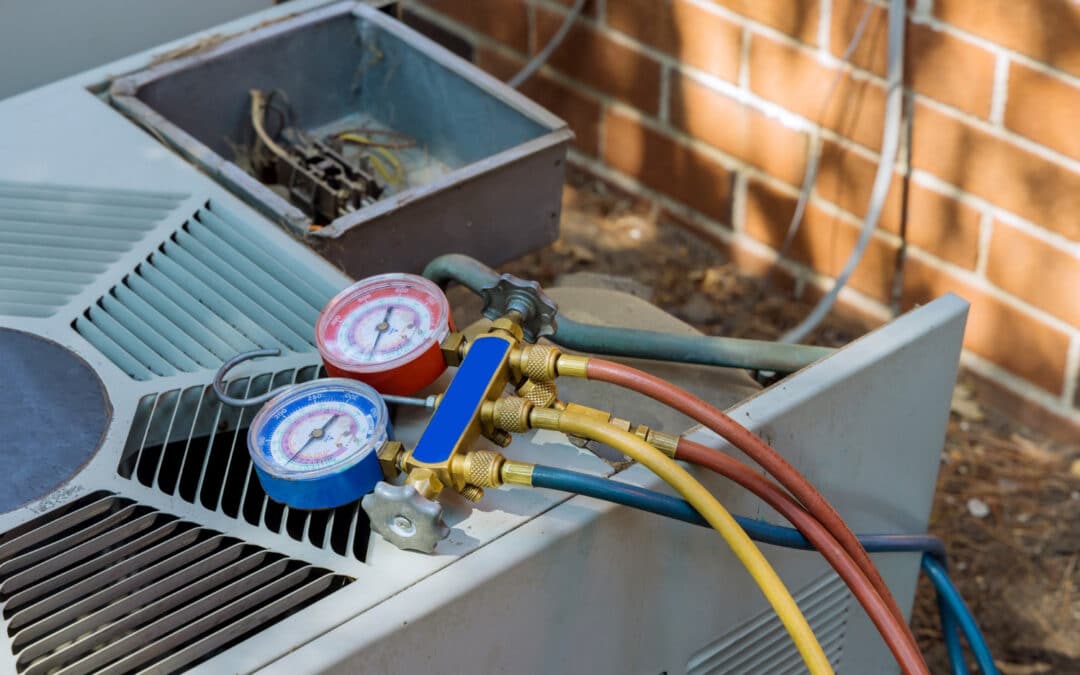Knowing when to replace your HVAC unit can save you stress, money, and discomfort. Your HVAC system is crucial in keeping your home warm in the winter and cool in the summer. When it starts to fail, you can experience uneven temperatures, higher energy bills, and frequent repairs.
Sometimes, it’s hard to tell if your HVAC unit needs to be replaced or if it just requires a simple fix. Many factors can influence the decision, including the age of your unit, the frequency of repairs, and overall efficiency. Ignoring the warning signs can lead to more significant issues down the road, making it essential to understand when it’s time for a replacement.
Upgrading to a new HVAC unit can bring many benefits, like improved energy efficiency, better comfort, and cost savings on your utility bills. Choosing the right replacement involves understanding your home’s needs and considering various factors such as size, type, and features of the new unit. This guide aims to help you identify the signs of a failing HVAC unit, weigh the factors for replacement, and choose the best option for a new system.
Signs Your HVAC Unit Is Failing
Recognizing the signs of a failing HVAC unit can help you avoid bigger problems and discomfort at home. Here are some clear indicators that your HVAC system might be nearing the end of its life:
1. Increasing Energy Bills: If you notice a jump in your energy bills, your HVAC unit might be losing efficiency. Older systems have to work harder to heat or cool your home, which uses more energy.
2. Frequent Repairs: Are you calling the repair technician more often? Multiple repairs in a short time mean your unit is struggling. Frequent breakdowns can be both inconvenient and costly.
3. Inconsistent Temperatures: If some rooms are too cold while others are too hot, your HVAC system is not working properly. This uneven heating or cooling signals an internal problem that might not be worth fixing.
4. Strange Noises: Listen for unusual sounds like banging, rattling, or squealing. These noises often mean parts are worn out or broken. If they continue, it might be time for a new unit.
5. Poor Air Quality: Dusty or stale air can mean your HVAC system isn’t filtering air correctly. Poor air quality can impact your family’s health and comfort, indicating the need for a replacement.
Factors to Consider Before Replacing Your HVAC Unit
Before you decide to replace your HVAC unit, think about several important factors. Making an informed decision will help you choose the best system for your home.
1. Age of the Unit: Most HVAC systems last about 10 to 15 years. If your unit is nearing this age or older, it might be more cost-effective to replace it rather than continuing with frequent repairs.
2. Repair Costs: Add up the costs of recent repairs. If repair expenses are half the price of a new unit, investing in a replacement is smarter. It saves money and ensures better performance.
3. Energy Efficiency: Modern HVAC units are more energy-efficient. Replacing an old system with a new, efficient model can lower your energy bills and reduce your environmental impact.
4. Refrigerant Type: Older units use R-22 refrigerant, which is being phased out. Newer systems use eco-friendlier refrigerants, making them more efficient and better for the environment.
5. Home Comfort Needs: Assess the comfort level of your home. If your current system can’t keep up with heating or cooling demands, a new, more powerful unit can provide better comfort.
6. Budget: Consider your budget for a new HVAC unit. While the initial cost may be high, the long-term savings on energy bills and repairs can make it a worthwhile investment.
Thinking about these factors will help you determine if replacing your HVAC unit is the right choice for your home.
Benefits of Upgrading to a New HVAC Unit
Upgrading to a new HVAC unit comes with numerous benefits that can enhance your home’s comfort and efficiency. Here are some key advantages of making the switch:
1. Improved Energy Efficiency: New HVAC units are designed to be more energy-efficient than older models. They consume less energy to heat or cool your home, which can lead to significant savings on your utility bills.
2. Increased Comfort: Modern HVAC systems offer better temperature control and improved airflow. This means more consistent heating and cooling throughout your home, eliminating hot and cold spots.
3. Enhanced Air Quality: New units come with advanced filtration systems that can better remove dust, pollen, and other pollutants. This results in cleaner air and a healthier living environment for you and your family.
4. Reliability: With a new HVAC unit, you won’t have to worry about frequent breakdowns or repairs. New systems are more reliable and come with warranties that cover major components for several years.
5. Smart Technology: Many new HVAC systems are compatible with smart thermostats and other advanced features. These technologies allow you to control your system remotely, optimize energy usage, and create custom schedules to fit your lifestyle.
How to Choose the Right HVAC Replacement
Choosing the right HVAC replacement can seem daunting, but it doesn’t have to be. Here are some essential steps to help you make the best choice for your home:
1. Assess Your Needs: Consider the size of your home and your specific heating and cooling needs. A unit that’s too small won’t keep your home comfortable, while one that’s too large can waste energy.
2. Research Options: Look into different types of HVAC systems, such as central air conditioning, heat pumps, and ductless mini-split systems. Each type has its pros and cons, so find one that best fits your needs.
3. Energy Efficiency Ratings: Check the SEER (Seasonal Energy Efficiency Ratio) rating for cooling and the AFUE (Annual Fuel Utilization Efficiency) rating for heating. Higher ratings mean better energy efficiency.
4. Consider Features: Decide which features are important to you, such as variable speed fans, humidity control, and compatibility with smart thermostats. These can enhance your system’s performance and your home’s comfort.
5. Get Professional Advice: Consulting with a professional can ensure you choose the right system for your home. They can help you assess your needs, recommend suitable options, and install your new unit correctly.
Conclusion
Knowing when to replace your HVAC unit and understanding the factors involved can significantly impact your home’s comfort and energy efficiency. Upgrading to a new HVAC system offers many benefits, including improved energy efficiency, greater reliability, and enhanced air quality. By carefully considering your home’s needs and researching your options, you can choose the best replacement unit to suit your lifestyle and budget.
At RCP Mechanical LLC, an HVAC contractor in Las Vegas, NV, we understand how important it is to have a reliable and efficient HVAC system in your home. If you’re considering a replacement, don’t hesitate to reach out to us. Our team of experts is ready to help you make the best choice and ensure a smooth installation process. Contact RCP Mechanical LLC today to schedule a consultation and keep your home comfortable year-round.

